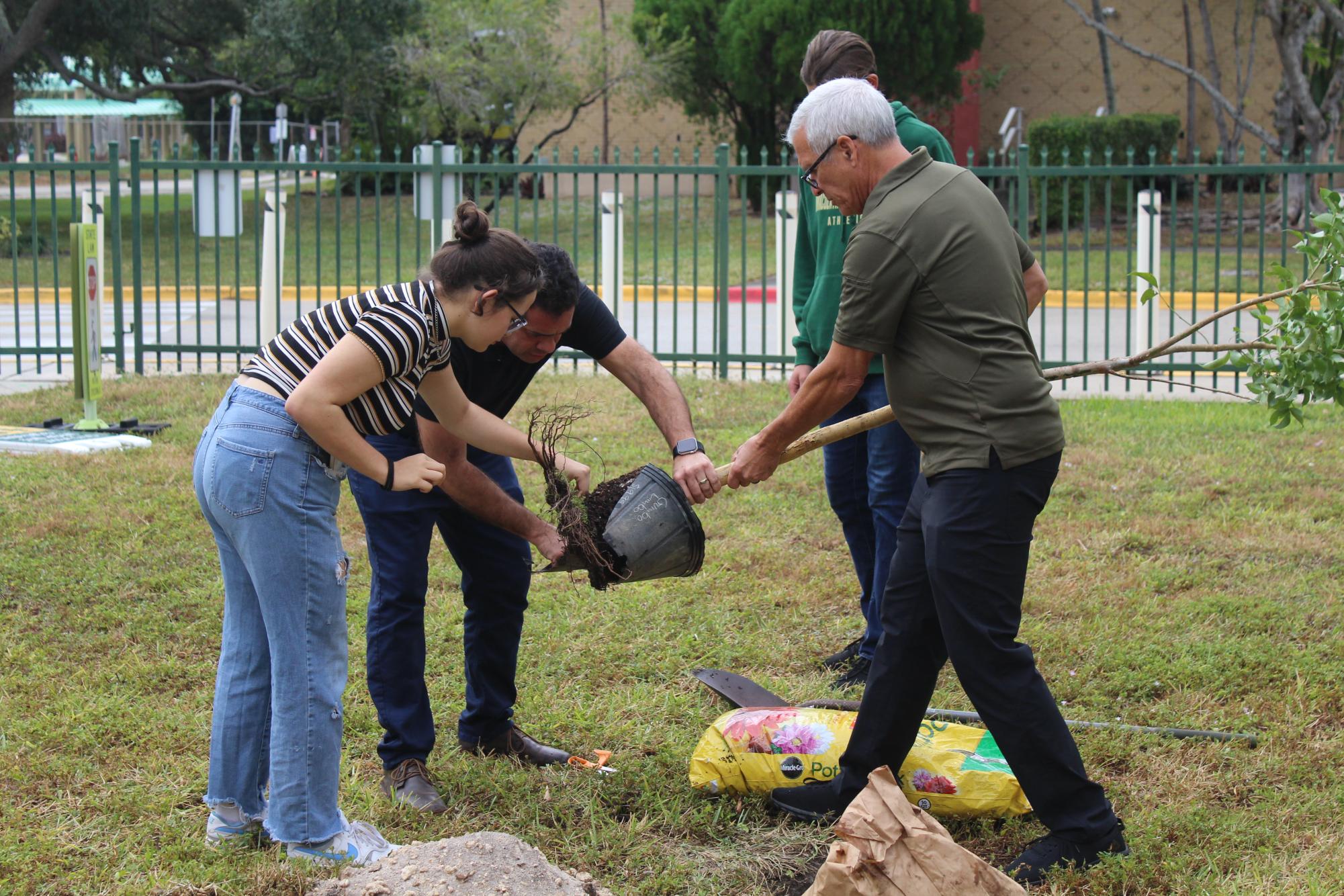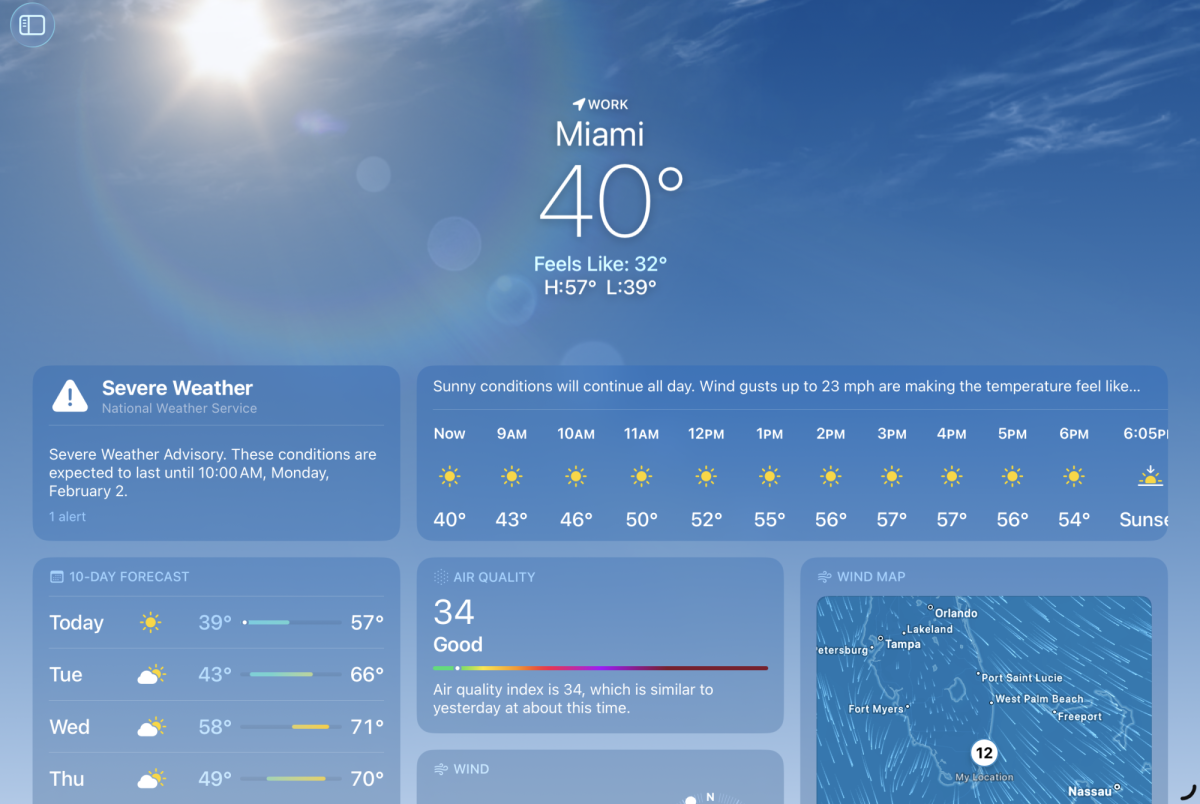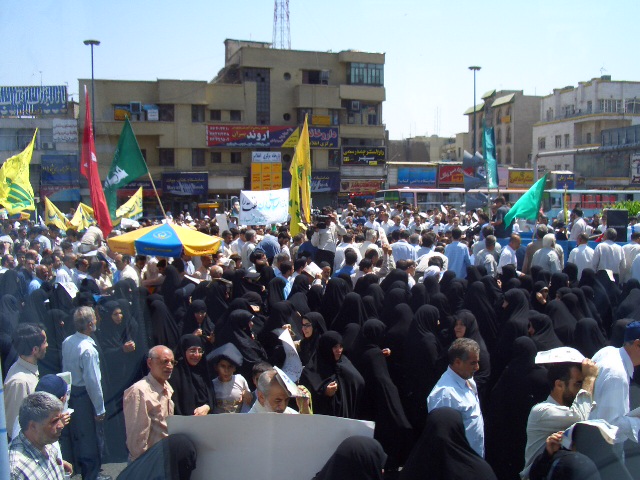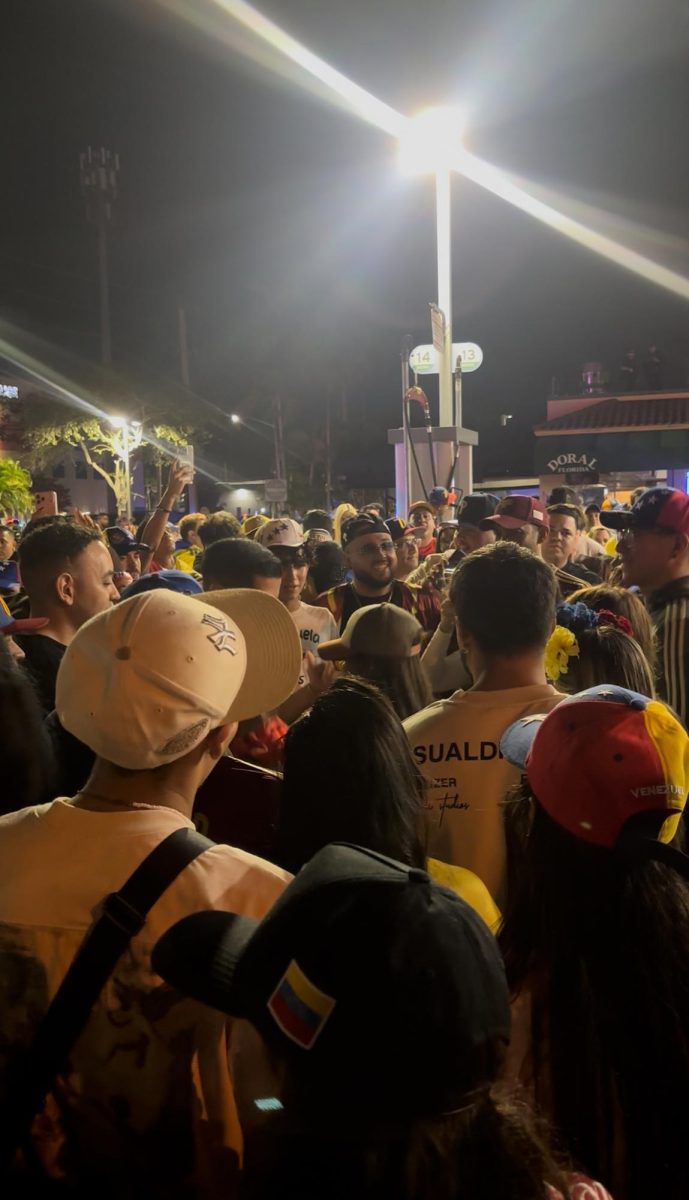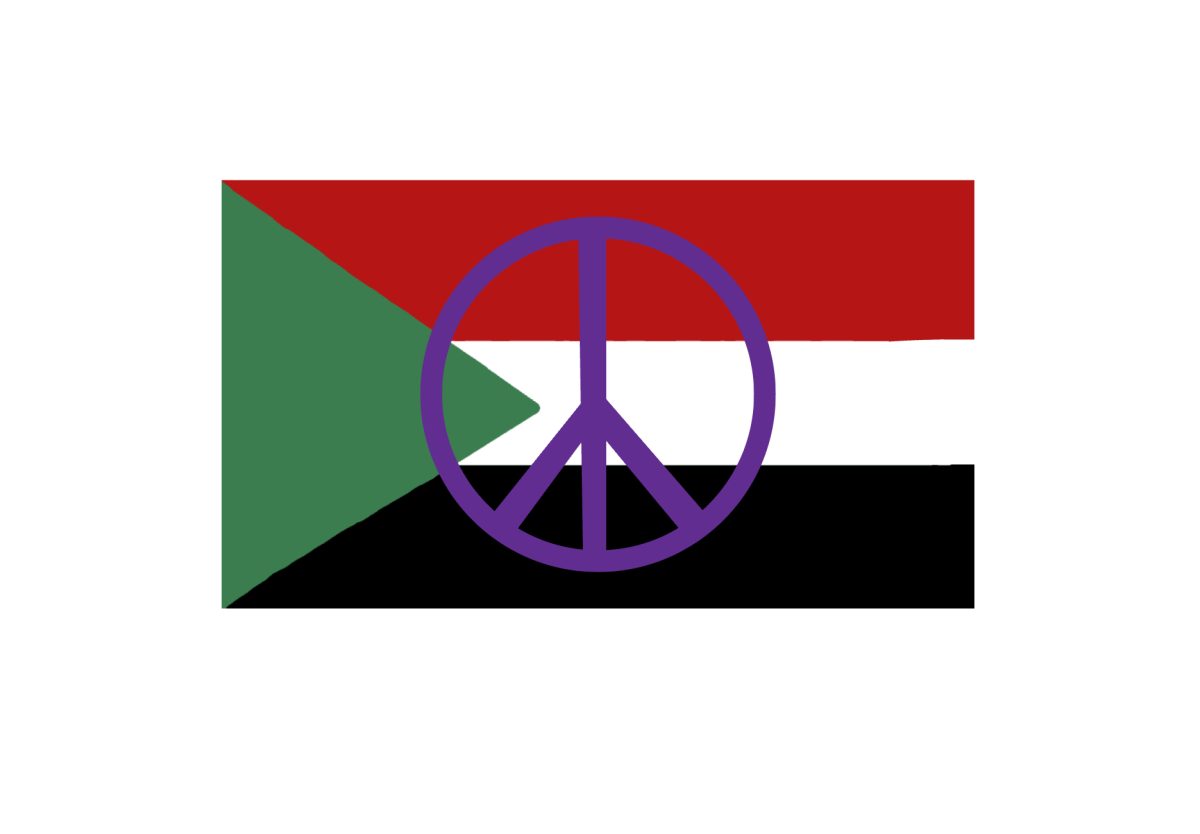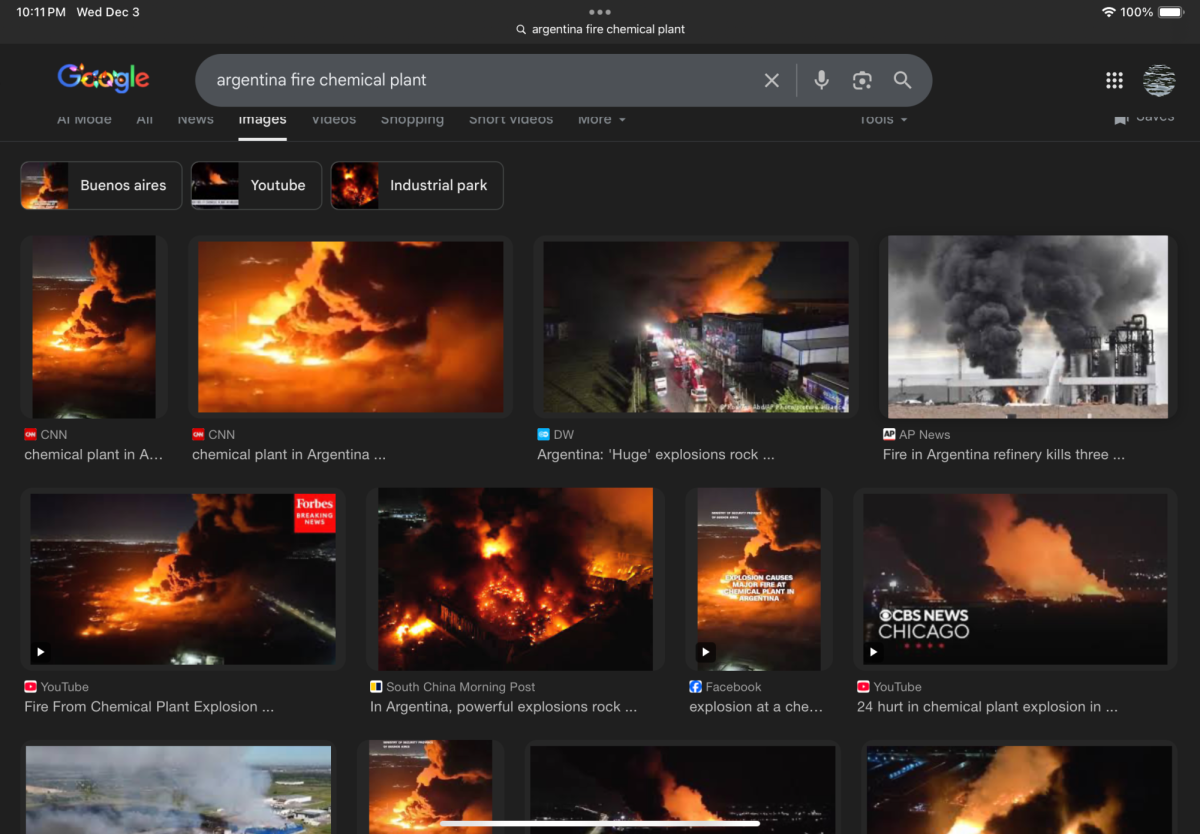Millions of lives are impacted daily by the Catholic Relief Services (CRS), an organization rooted in compassion and justice. Thanks to the efforts of teacher Mr. Juan Carlos Moya, and the Applied Global Leadership Program, students at ILS are now part of this mission.
“We are motivated by the Gospel of Jesus Christ to cherish, preserve and uphold the sacredness and dignity of all human life, foster charity and justice, and embody Catholic social and moral teaching,” according to the CRS.org website.
Mr. Moya actively promotes the foundation’s interests by encouraging his students to further their faith by being civically engaged in the world’s most prevalent issues.
So far, his students have performed their civic duty by contacting the Secretary of State Nominee Marco Rubio via handwritten letters to voice their beliefs on protecting the funding distributed to Catholic Relief Services so they may continue their humanitarian work across the globe.
Carl Wilkens’ Lesson in Healing
On Saturday, December 14, the club organized the conference, “From Sudden Disaster to Sustainable Development” inviting guest speakers Mr. Carl Wilkens and Mr. Thomas Hollywood to speak on their experiences in global crisis and humanitarian work.
Mr. Wilkens, the only American to remain in Rwanda during the 1994 genocide, refused to neglect the friends and second family he had formed in that community.
“I couldn’t go. I had Tutsis staying in my home helping me and my family so that leaving felt like leaving behind family. I had to stay,” hr said.
Throughout the genocide he became a lifeline for vulnerable families, risking his life to protect children in orphanages. His story of courage and perseverance left a significant impact in his community.
Although, he briefly shared his heroic actions and instead praised the inspiring Rwandan people around him. Ameol was the person he shared most about.
“Ameol is my right-hand man for anything. He is very quiet and soft spoken. He is so hungry for knowledge and a seeker for truth that he spoke 6 different languages,” said Mr. Wilkins.
IF YOU WISH TO LEARN MORE ABOUT THE RWANDAN CONFLICT BETWEEN THE HUTU AND TUTSI ETHNIC GROUPS, CLICK THE LINK BELOW.
https://www.un.org/en/preventgenocide/rwanda/historical-background.shtml
…
Unfortunately, his wife had a Tutsi ID card. For a while he asked neighbors for help, asking if she could sleep at their houses. His kindness to them before the genocide was returned as every neighbor went to help him, but eventually people grew scared for their own lives and couldn’t let her stay any longer,” said Mr. Wilkens.
He continued the traumatic story, sharing that Ameol lost his wife in the genocide because of her Tutsi identity. But what remained with Wilkens the most in these dark times, was Ameol’s outlook.
”’ ’ Is what he kept telling himself. He remembered the story of Joseph from the Bible and it kept him going. Hearing that reminded me that we were a community going through this hard time together and we were going to find a way,” said Mr. Wilkens.
After sharing this story, he began elaborating on the success Rwanda has made and the steps they still need to take to recover from the traumatic event.
“Rwanda today prioritizes healing among the people to achieve sustainable development. It is culturally grounded and requires a trust based relationship in the community, but it has made progress. Rebuilding the trust and bonds within the people is what has allowed it to rebuild and grow. Group therapy and community service has restored the nation to a peaceful and healing environment,” he said.
The story of Ameol and the progress Rwanda has made capture the main message Mr. Wilkens was spreading to the conference attendees: That healing and restorative justice has been proven effective and beneficial for long term recovery of their community. Being “fair” is not necessarily the priority but healing is.
Thomas Hollywood’s Vision to Achieving Sustainability
Following Mr. Wilkens’ talk, Mr. Thomas Hollywood spoke with the students on the work Catholic Relief Services does for impoverished communities and what remains to be done.
“CRS is found in about 110 countries and has around 210 million clients. This shows how deep the needs are in our world. And we serve on a basis of need, not creed, race, or nationality,” said Mr. Hollywood.
Mr. Thomas Hollywood shed light on the root causes of global hunger and despair: climate change, war, and economic decline, and emphasized the need for sustainable solutions.
“Sustainability has to be in the design, with holistic, comprehensive solutions. That is why CRS focuses on early childhood development. We need to ensure our next generation is able to thrive in order to improve these current obstacles,” he said.
In addition to improving the health of youth, he discussed providing those forced into unrewarding labor with choices. Specifically, with his friend Fidencio he wished to provide him the choice to work and earn a meaningful wage, not be coerced into a labor intensive, poorly paid job due to the coffee trade businesses excluding Fidencio from the markets.
“CRS worked with Fidencio to include him in the market and receive pay suitable for the labor he and his family were doing. Now they have their own business, Intelligentsia Coffee, where they are able to directly sell to their customers and are able to work with love and live more freely, not like a slave to their job. Helping businesses and people like them become independent and self-sustaining is key to helping these communities from being overly-dependent on developed countries and large companies, enabling them to make a life for themselves by their own hard work,” he explained.
A Call to Action
After, both their presentations, the conference conducted a panel where seniors in the AGL program, Valentina Lanza and AnaSofia Ibarra, questioned the two speakers further.
In this panel topics of citizen advocacy and fostering relationships were heavily discussed, leaving the students with lasting reminders that their voices matter, they should utilize their power to foster necessary change, and healing is an effective form of growth.
The conference concluded with a symbolic tree planting in front of the school cafeteria, resembling the humanitarian work of CRS and the small but impactful efforts individuals can make to create lasting change.
As Mr. Moya, the Applied Global Leadership Club, and Catholic Relief Services illustrate, small acts of courage and compassion can reap valuable impacts. They firmly believe everyone can make a difference, whether it’s through direct action, education, or advocacy, and encourage all ILS faculty, staff, and students to be the agent of change the world needs by joining the movement.

